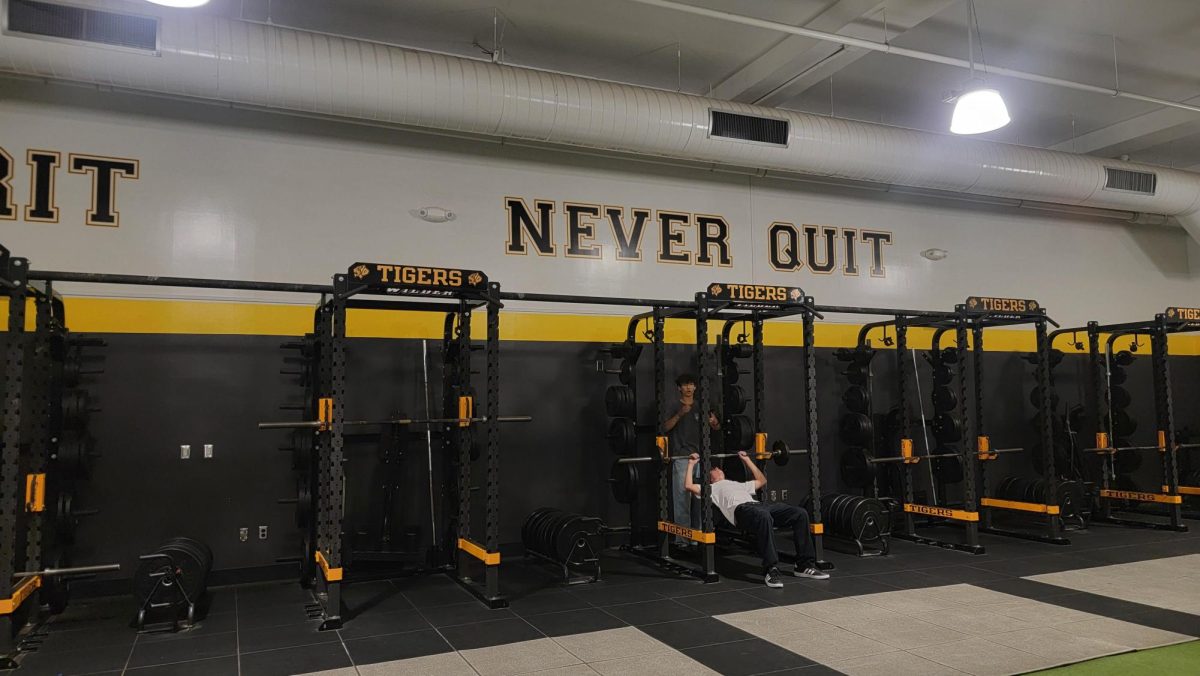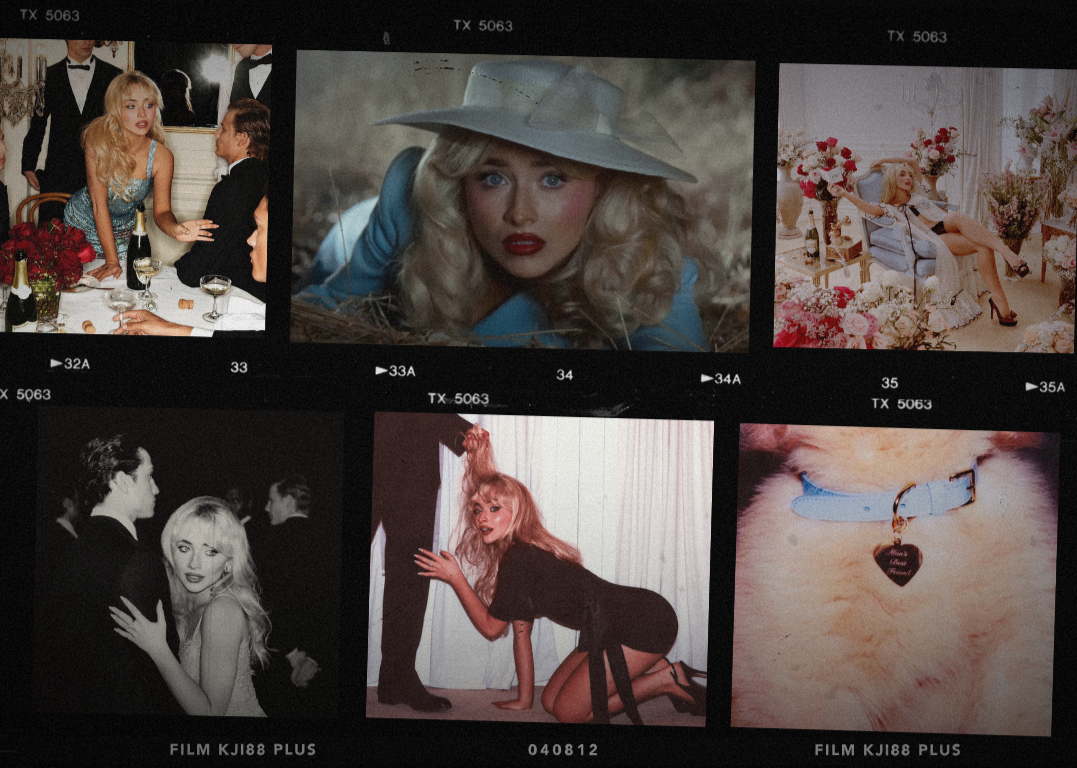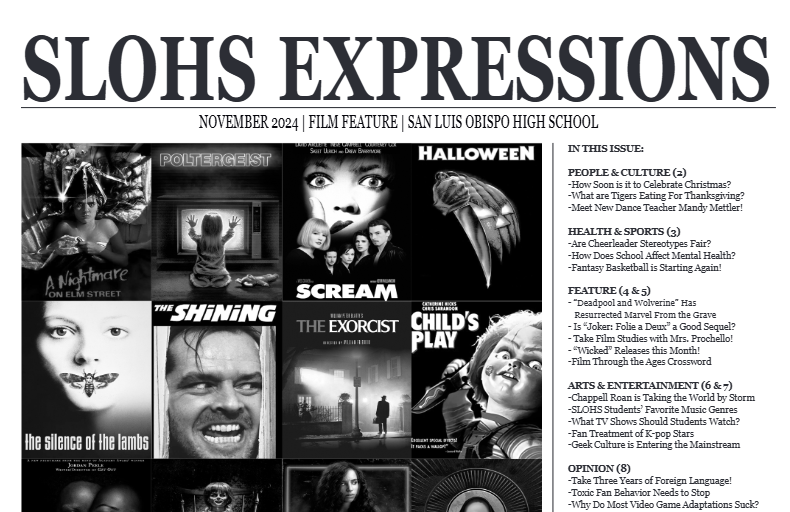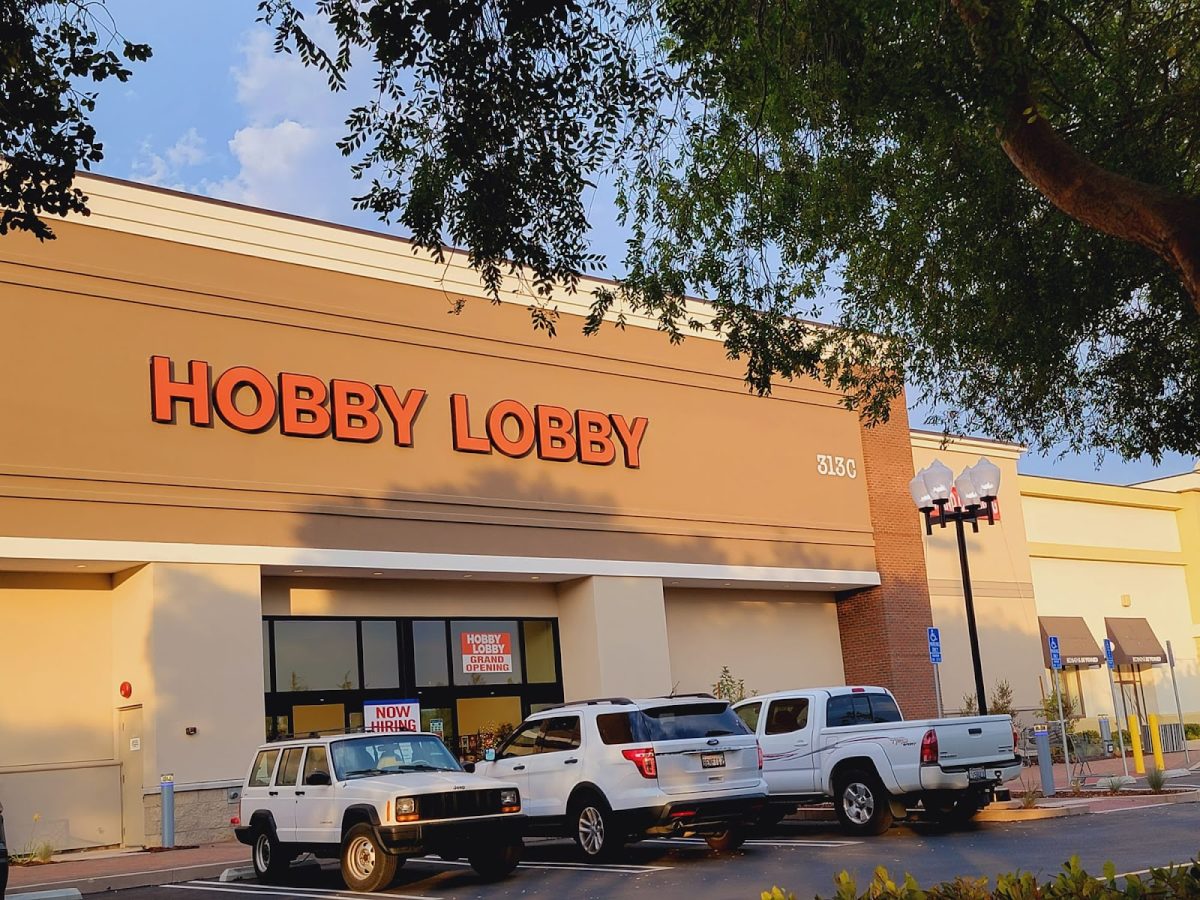A brand new Hobby Lobby is open for business in the Madonna Plaza. Photo courtesy of freshman Aidan Field.
There is no doubt that SLOHS students have seen the words “Hobby Lobby” and “Coming Soon” shining brightly over the sidewalk. Now Hobby Lobby is open for business.
The controversial company has frequently made national headlines for many reasons. From denying female employees on company-provided insurance FDA approved contraceptives, to illegally smuggling artifacts from Iraq, this company isn’t short on scandals.
“We strongly urge you to shop elsewhere,” the Central Coast Gala Pride and Diversity center stated in an Instagram post regarding the Hobby Lobby opening on Madonna.
The first major controversy that Hobby Lobby was involved in was in the spring of 2014. NPR reported that Hobby Lobby and another company, Conestoga Wood Specialties, filed suit, arguing that they did not have to provide FDA approved contraceptives to female employees under company provided insurance under the reasoning that they violated the owner’s religious beliefs.
This case eventually made it to the Supreme Court, which ruled five to four in 2014 that despite legal requirements to include such drug coverage in employer-provided medical plans, Hobby Lobby and Conestoga would not have to provide employees with some types of contraceptives including Plan B, Ella, and two types of IUDs. Many consider this decision to be a precursor to Roe v. Wade being overturned.
Hobby Lobby has also been criticized for their full page newspaper ads, especially their 2021 Independence Day ad which misquoted historical figures to claim that the United States is a “Christian Nation.” According to the Freedom From Religion Foundation, Hobby Lobby altered quotes that were supposed to be from some of the nation’s most iconic founding fathers. They cut out major, important parts that took them out of context and altered or even reversed their original intent.
A key example of these misleading modifications was a quote from Achillie Murat about how religious the United States was which was extensively altered.
The FFRF states that the ad “actually cuts out more than four thousand words… What Hobby Lobby omitted is that Murat was an atheist who was dismayed at how pervasively religious U.S. culture was.”
Proud Americans from different faiths took offense to the implication that one can’t be a true American unless one is a Christian. Also, by taking these quotes out of context, Hobby Lobby disrespected these historical figures and falsified their arguments.
Most recently, Hobby Lobby has been accused by the U.S. government of smuggling thousands of Iraqi artifacts for the purpose of showcasing them at the Museum of Bible, a new project started by Hobby Lobby’s owner. According to the Department of Justice, Hobby Lobby was ordered by the U.S. government to forfeit thousands of cuneiform tablets, which were smuggled through Israel and the UAE falsely labeled as tile samples.
Supporters of Hobby Lobby say that it should be a businesses’ right to exercise their freedom of religion.
“People in general should shop where they want, no matter what beliefs a company has,” said junior Duncan Speake.
It is a personal choice where you spend your money, and it is also the personal choice of a company’s employees over their own healthcare decisions based on their own individual beliefs, not up to the dictates of their employers. It should be up to individual Americans to decide what religious traditions they hold dear, without public campaigns against their citizenship.
I don’t want to spend my money at a company that has alienated so many Americans and worsened the divisions between us.
Sources: justice.gov ffrf.org npr.org
































